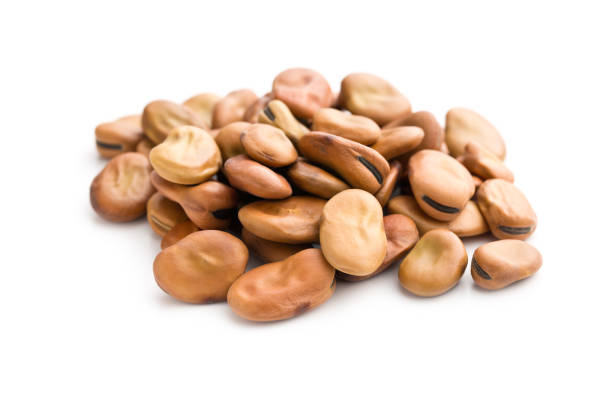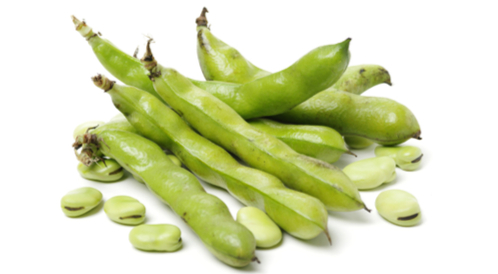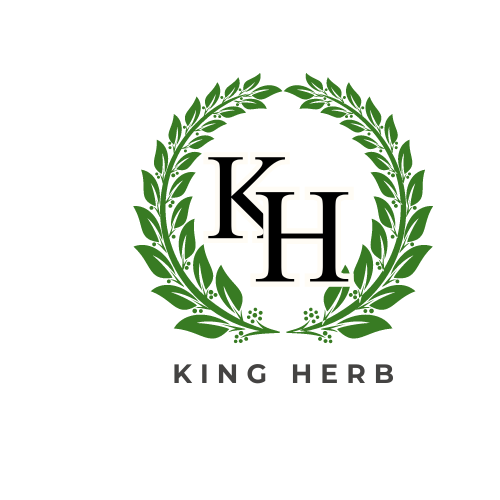الفول البلدي Fava Beans
Fava beans, also known as “fool baladi,” are one of the most important agricultural crops in many Arab countries and serve as a primary source of plant-based protein. Fava beans are a popular food that is widely consumed in the Arab world, and they offer numerous health benefits, making them an essential part of the diet. In this article, we will explore the nutritional value of fava beans, their health benefits, and their various uses.
Types: pills
Nutritional Value of Fava Beans
Fava beans contain a rich and diverse range of nutrients, making them an important food for the body. Some of the key components include:
Complex Carbohydrates: Fava beans contain complex carbohydrates that provide long-lasting energy for the body and help stabilize blood sugar levels.
Proteins: Fava beans are one of the best plant-based sources of protein, containing a high percentage of proteins that contribute to tissue building and muscle growth.
Dietary Fiber: Fava beans are rich in fiber, which helps improve digestion and regulate bowel movements. The fiber also helps reduce levels of bad cholesterol in the body.
Vitamins and Minerals: Fava beans are rich in several essential vitamins and minerals such as B vitamins, iron, magnesium, and calcium, which help promote healthy blood, bones, and the nervous system.
Benefits:
Fava beans provide several health benefits that make them a valuable addition to the daily diet, including:
Regulating Blood Sugar Levels: Fava beans are low on the glycemic index, which helps regulate blood sugar levels and improves the body’s insulin response.
Improving Heart Health: Fava beans contain fiber and proteins that help reduce bad cholesterol (LDL) levels and promote heart health, thus lowering the risk of heart diseases.
Enhancing Digestion: Due to their high fiber content, fava beans aid in improving digestion and reducing issues such as constipation. They also help regulate bowel movements.
Supporting Blood Health: Fava beans are a good source of iron, which enhances the production of red blood cells and helps prevent anemia.
Boosting Nervous System Health: Fava beans contain B vitamins that support the health of the nervous system and improve brain function and concentration.
Uses:
Fava beans are a fundamental ingredient in Arab cuisine, where they are used in the preparation of many traditional dishes that are popular throughout the Arab world. Some of the most common uses include:
Fool Medames: This is one of the most famous dishes made with fava beans, and it is considered a traditional breakfast in many Arab countries such as Egypt, Syria, and Lebanon. The dish is made by simmering fava beans with garlic, lemon, olive oil, and spices.
Fava Beans with Tahini: Another delicious dish made with fava beans, where the beans are mixed with tahini, lemon, and garlic, creating a nutritious and flavorful dish.
Salads: Fava beans are often used in the preparation of various salads, such as the Lebanese salad that includes fava beans, thyme, tomatoes, and onions.
Snacks: Fava beans can also be used to prepare some snack foods, such as falafel (ta’ameya), which are fried balls made from fava beans or chickpeas, and are a popular dish in the Arab world.
Fava Beans in Agriculture and the Economy
Fava beans are an economically important crop in many countries, especially in the Middle East. They are grown in both small and large agricultural fields and are a primary source of livelihood for many farmers. Fava beans are also used in animal feed production, contributing to the economy of rural areas.
Side Effects of Fava Beans
Although fava beans offer many benefits, there are some side effects that should be considered:
Gas and Bloating: Fava beans contain sugars that can sometimes cause gas and bloating, especially if consumed in large quantities.
Allergies: Some people may have allergies to fava beans, which can lead to symptoms such as itching or swelling.
Export Details Worldwide:
Weight: 20 or 25 kg
Packaging: Bags
Packaging: Automated
Container: 20-foot
Origin: Egypt


